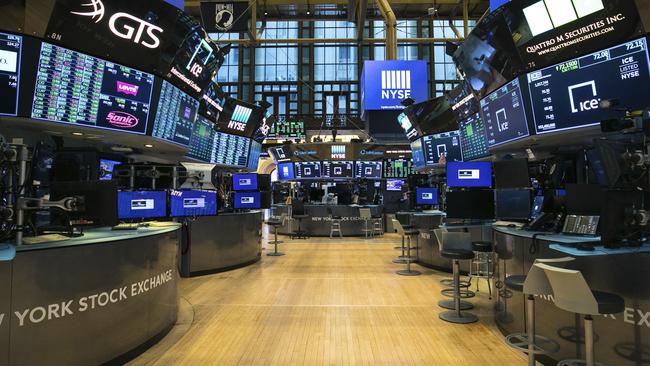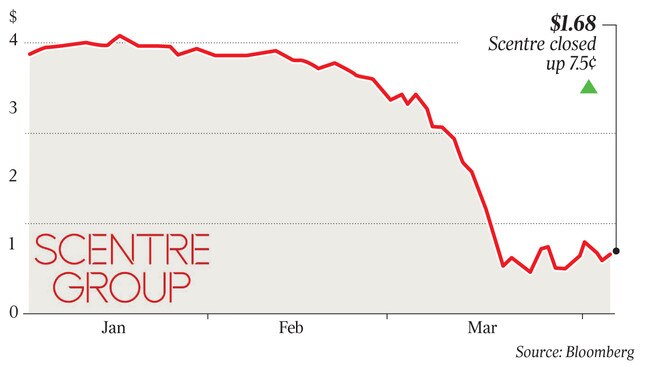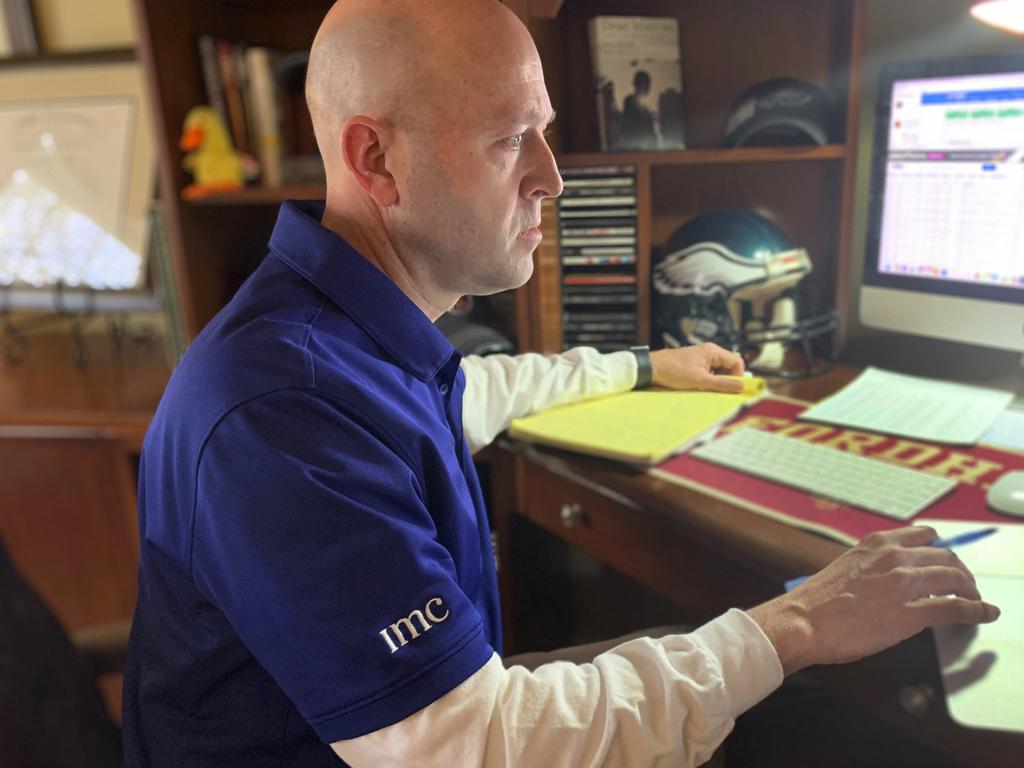Bargain-hunters beware: good stocks aren’t always good investments

In common with the global financial crisis, this latest market crash is an event we see every decade or so. People panic, liquidity evaporates, and markets plummet. Unlike the global financial crisis, this was not caused by a market event, but by a global pandemic, the last of which humanity experienced a century ago.
Where heightened market turbulence can stir fear, panic is unhelpful. Volatility can be our friend if we’re ready to reassess which markets or assets are newly formed deep-value opportunities and which remain fully priced, and trade accordingly.
At the start of 2020, retail property trusts were deemed to be low risk. They were in the 50 lowest-volatility names of the S&P/ASX 200. They tended to move less than the market, to the upside and the downside. Proving this wrong, Scentre Group and Stockland have both fallen by more than 50 per cent from their peak hit earlier this year and now boast double-digit yields.

Should we expect either company to pay dividends or to do anything but take a large loss this year? No! Could either of these companies lose access to the funding markets and default into bankruptcy leaving the equity holder nothing? Yes!
No one wants to see this happen and the government in particular will be working towards helping them avoid wholesale bankruptcy.
In the past month, Stockland has lost more than $6bn of market capitalisation. Stockland could raise equity capital to cover its 2019 revenue of $2.7bn for the next two years and still have a lower capitalisation than just a few weeks ago.
Likewise, the travel industry has been hard hit. At the start of the year, many travel companies were viewed as quality investments, being in the top 50 of the S&P/ASX 200 and noted for carefully managing their balance sheets. Qantas chairman Richard Goyder had boasted: “Our performance shows how resilient the Qantas Group has become. And that’s largely due to the strategy behind our portfolio of businesses.”
With a 2019 wage bill of more than $4bn, Qantas’s capitalisation loss was greater than three years of wages.
Some airlines will fail. Some airlines will gain substantial support from governments as a flag carrier. The uncertainty here is very large. Flight Centre has suspended trading since mid-March, with its capitalisation down more than 90 per cent. Revenue is estimated to be one-fifth of normal, and a third of staff roles have been lost, either temporarily or permanently. The company is renegotiating rental agreements and preserving cash in a bid to survive.
Not all companies are being hit equally by the current social-distancing requirements. Staples, such as Coles, have risen in price, while the Accent Group (shoes), Star Entertainment (casinos) and Tabcorp (gambling) have seen steep price drops.
So far this year we have seen cheap stocks around the world fall further and faster than the rest of the market. These value-based investments have a low price as a ratio of their earnings, assets and dividends. Typically, value companies grow more slowly than other companies.
Value companies in Australia have grown their balance sheets by a paltry 5 per cent a year since 2007. Growth companies, the highest-priced companies, grew their balance sheets 20 per cent a year over the same period.
Why would we not wish that sort of growth in our portfolio?
The answer is that growth doesn’t matter as much as how much we have to pay to get it. It is also so much more comfortable for us to hold the popular companies, those whose prices rise from market demand. Unfortunately, what is comfortable to own is rarely profitable.
Investors tend to overpay for growth. Throughout this period of market turmoil we must remind ourselves that just being a good company does not necessarily make for a good investment. The price we pay for it (that is, not overpaying) is what makes it a good investment, or not.
Today, staring down the largest economic contraction since the Great Depression, companies’ future growth looks to be a rarer event than it has been over the past 12 years.
Luckily, central banks are not out of ammunition, even though interest rates are at zero.
They can and will pursue whatever-it-takes quantitative easing, purchasing of commercial paper to support corporate liquidity, and who knows what else. Developed-market governments are going big on fiscal stimulus, looking to plug the revenue gap that social-distancing has created.
The risk of bankruptcies has risen. Corporate bailouts are to come. When the market seems to be pricing the end of an industry, such as airlines or retail property, historically it’s the time to buy.
It can be hard to pull the trigger and invest, but if we wait for all good news, it will be too late.
We will miss the buying opportunity. We need to buy when the bad news is getting less bad.
Good companies don’t always make good investments. That said, good investments have risks, most notably the risk of the return of capital, let alone the return on capital. For this reason, we need to diversify our portfolios.
But without accepting some risk of failure, we will hobble our portfolios to relatively overpriced safety. With overpriced safety comes mediocre returns.
Mike Aked is director of research for Australia at researchaffiliates.com






